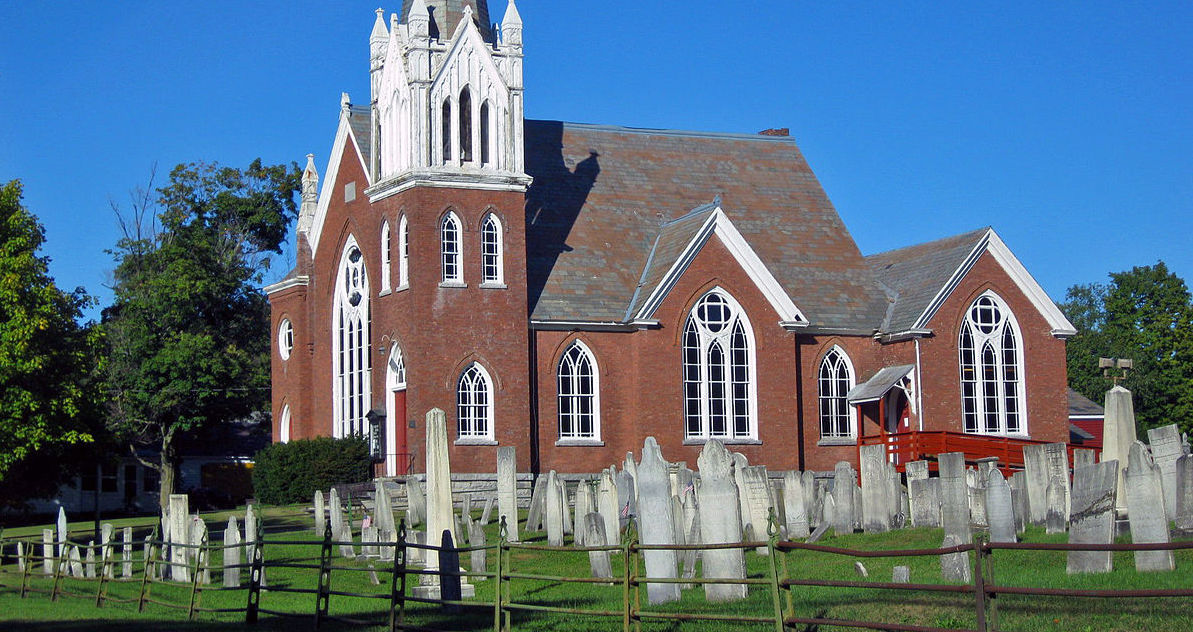The long shadow of 2016 continues to stretch over the church. I recently attended a social event held outdoors. Masking was the most immediately visible demarcation of political lines among a large group of professing Christians; but behind the masks, every debate over race, gender, the police, scripture, ecclesiology, and authority that I’ve witnessed this group of people argue over came to mind. These were the people I thought of when I read Graham and Flowers “The Six Way Fracturing of Evangelicalism,” and here we still were, stumbling through the social fallout of what many now recognize as a reshuffling of American evangelicalism.
Login to read more
Sign in or create a free account to access Subscriber-only content.
Topics:
